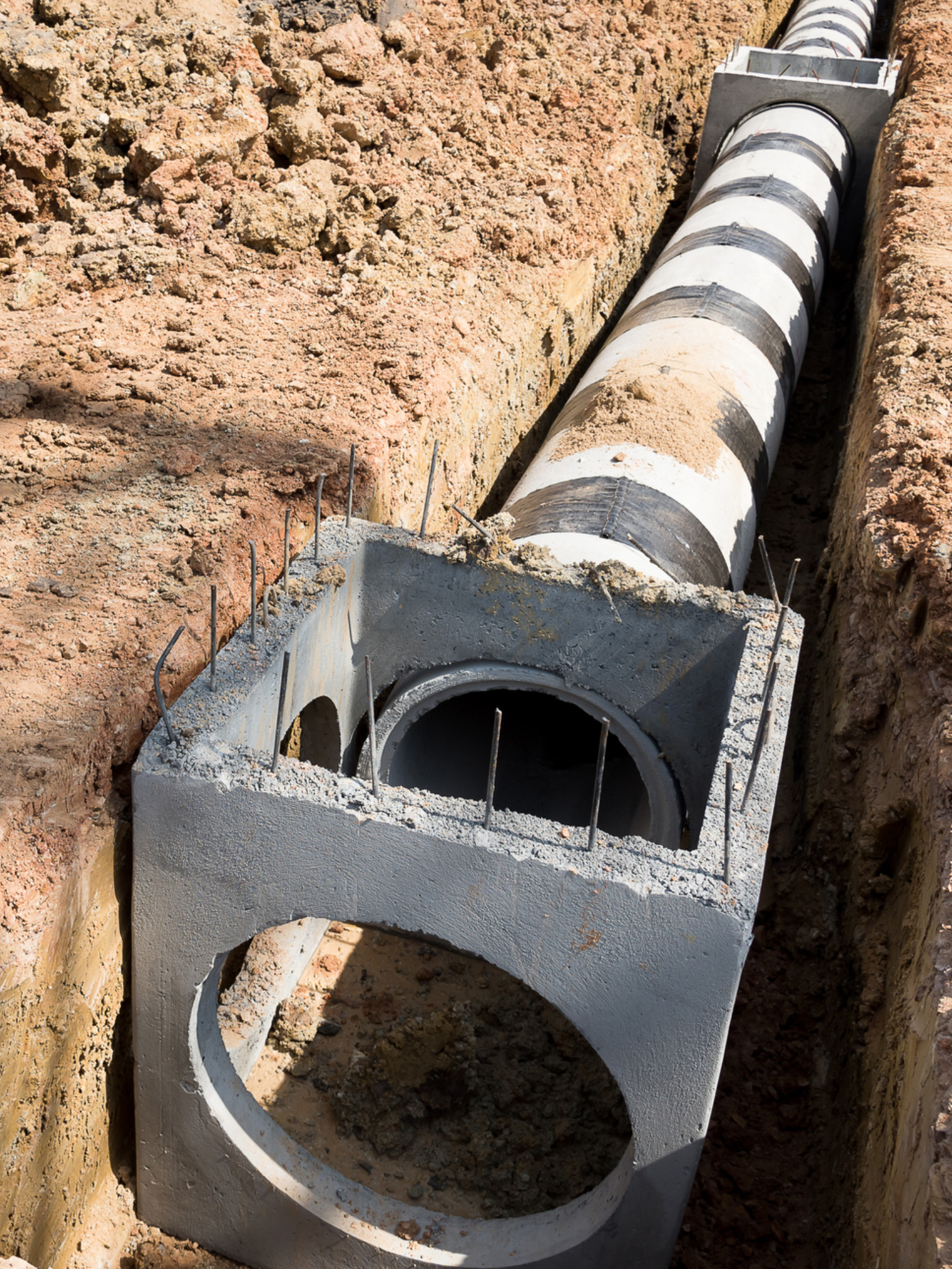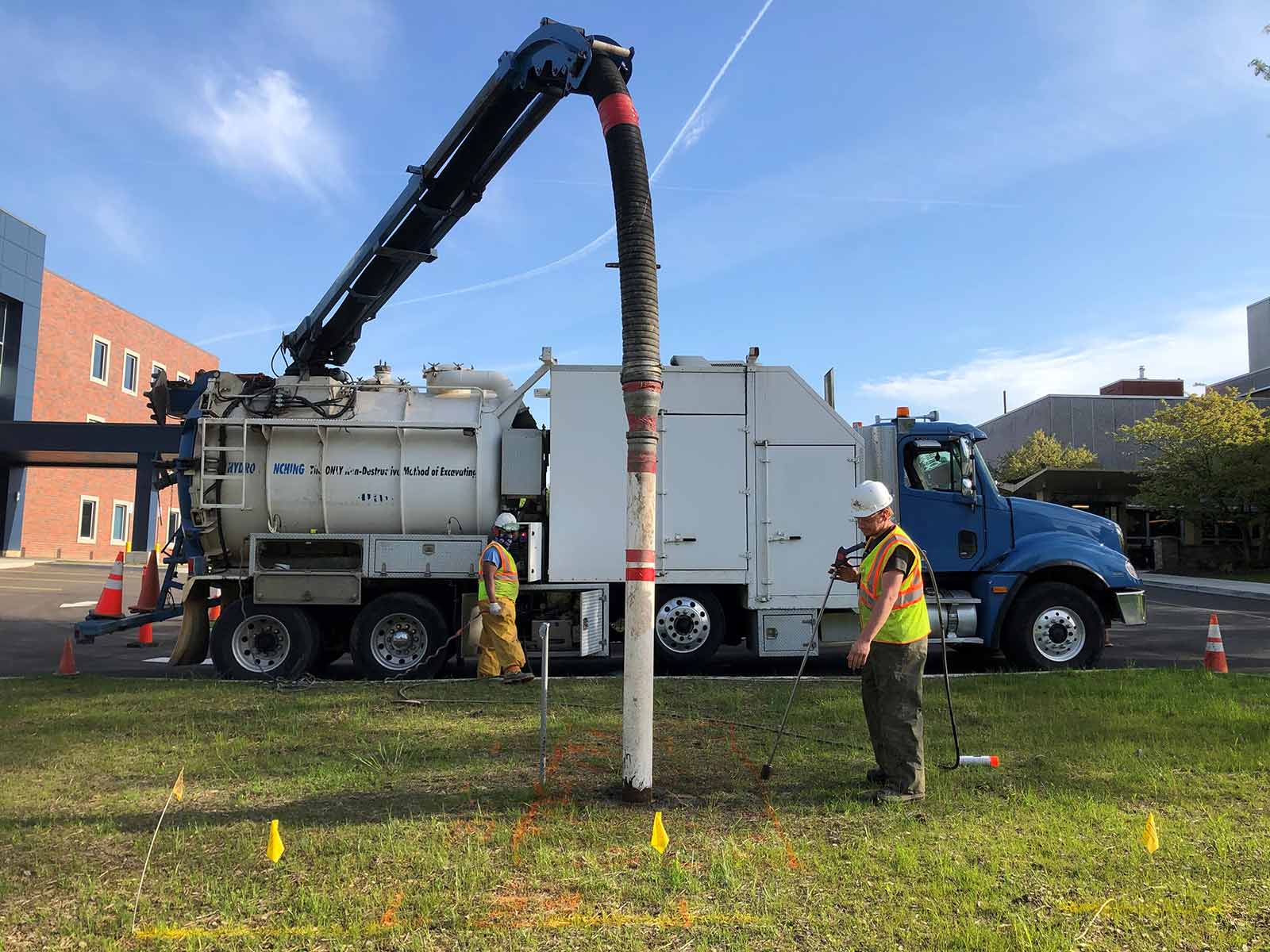Comprehensive Excavation Strategies: Grasping the Principles for Success
In the realm of construction and civil design, the relevance of reliable excavation strategies can not be overstated. The cautious preparation, accurate implementation, and thorough focus to detail required in excavation projects demand a thorough approach that encompasses various fundamental facets. From preliminary dirt evaluation to the application of security steps and routine development tracking, understanding these core components is important for accomplishing success in any type of excavation venture. Nevertheless, the real proficiency exists not simply in recognizing these fundamentals however in effortlessly incorporating them to browse the complexities of excavation tasks with finesse.
Recognizing Excavation Task Planning

Effective excavation tasks are built on the structure of meticulous and thorough planning. The first phase of any type of excavation task is the drawing board, where important decisions are made that can dramatically impact the result of the task. During this phase, it is important to gather all pertinent info concerning the site, including topographical surveys, soil composition, and any type of prospective dangers that might exist. Comprehending the job timeline, budget plan, and range constraints is crucial for producing a thorough excavation strategy that ensures the job's success.
One secret facet of excavation job preparation is the growth of an in-depth timeline that outlines the sequence of milestones, activities, and deadlines. By meticulously taking into consideration all these elements during the planning phase, excavation projects can be implemented effectively and successfully, leading to successful results - excavating ohio.
Dirt Evaluation and Site Evaluation
Carrying out thorough soil analysis and website assessment is a vital action in the prep work phase of any type of excavation task. Dirt evaluation involves identifying the make-up, framework, and homes of the dirt at the excavation site. This information is important for recognizing the soil's bearing capacity, moisture web content, and potential for erosion, which are vital variables in determining the excavation approaches and tools required for the task.
Site evaluation surpasses soil evaluation and incorporates a more comprehensive evaluation of the overall website conditions. This assessment consists of identifying any type of prospective hazards, such as below ground energies, environmental concerns, or unpredictable terrain, that might affect the excavation process. By completely evaluating the site, job managers can develop effective excavation techniques that focus on safety and security, performance, and environmental management.
Using innovative technologies like ground-penetrating radar, dirt tasting, and drone studies can enhance the precision and performance of dirt analysis and website evaluation. Investing time and sources in these initial actions can eventually save time and prevent pricey hold-ups or issues throughout the excavation procedure.
Equipment Choice and Application
Reliable excavation tasks rely greatly on calculated devices option and utilization to make certain optimal efficiency and productivity. Selecting the appropriate tools for the task is critical in making best use of effectiveness and decreasing downtime. Elements such as the sort of soil, depth of excavation, and project range play a considerable role in identifying one of the most ideal equipment for the task available.

Along with choosing the appropriate equipment, correct utilization is key to job success. Operators must be trained to deal with the equipment securely and successfully - septic ohio. Routine maintenance checks and prompt repair work assist protect against malfunctions and guarantee regular efficiency throughout the job
Precaution and Laws Conformity
In the realm of excavation tasks, prioritizing security actions and compliance with laws is extremely important to making certain a lawfully sound and secure operational atmosphere. Safety and security procedures encompass a variety of methods, consisting of carrying out extensive website assessments, executing appropriate signage and barriers, and giving ample safety training for all personnel involved in the excavation procedure. Adherence to guidelines, such as OSHA needs in the United States, makes sure that the excavation job satisfies the required criteria to shield workers, spectators, and the surrounding setting.

Tracking Progress and Adjusting Approaches
How can forecast supervisors properly track the improvement of excavation jobs and adjust their methods accordingly to maximize results? Monitoring progression is necessary for guaranteeing that excavation jobs stay on track and meet due dates. Project supervisors can use various devices and methods to track progression, such as everyday progression records, normal site examinations, and advanced surveillance innovations like drones and general practitioners tracking systems. By continually keeping track of the task's advancement, supervisors can recognize any type of potential hold-ups or issues beforehand and take proactive procedures to address them.

Verdict
In conclusion, understanding the basics of extensive excavation methods is necessary for the success of any task. By comprehending project preparation, evaluating soil and website conditions, choosing appropriate tools, conforming with safety laws, and keeping an eye on progress, job supervisors can guarantee a smooth and efficient excavation process. lancaster excavation Applying these techniques will certainly lead to successful outcomes and decrease potential dangers or troubles during the excavation job.
The preliminary stage of any excavation job is the preparation phase, where vital choices are made that can significantly influence the end result of the task. Understanding the job timeline, extent, and budget constraints is vital for creating a detailed excavation strategy that makes certain the project's success.
How can forecast managers properly track the improvement of excavation projects and adapt their methods as necessary to maximize outcomes? By carefully monitoring progress and being willing to adapt strategies, project supervisors can boost the total success of excavation tasks.
By recognizing task preparation, assessing soil and site conditions, selecting appropriate equipment, complying with safety and security guidelines, and monitoring progression, task supervisors can make sure a effective and smooth excavation procedure.
Comments on “Excavating Ohio - Top Excavation Professionals for Ohio Projects”